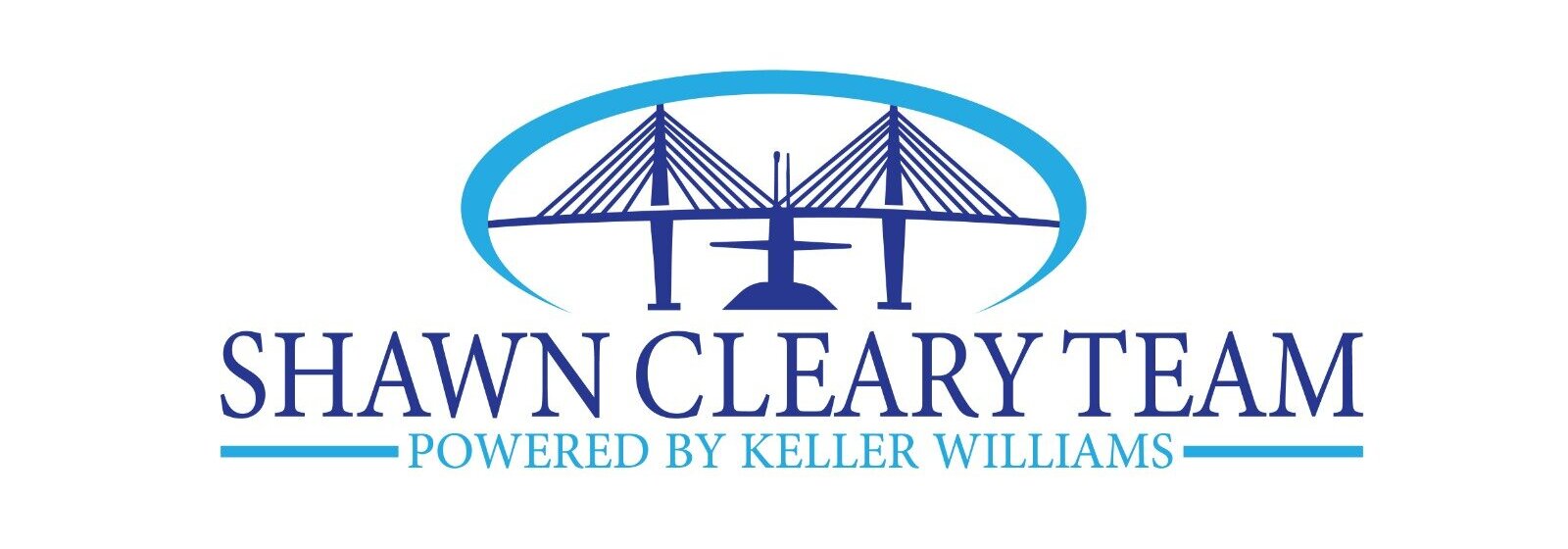Thinking about purchasing a home in South Carolina? Exciting, right? But before you dive into the real estate market, it’s essential to be aware of potential pitfalls that could end up costing you big bucks if you’re not careful. In this blog post, we’ll walk you through three common mistakes that homebuyers often make and show you how to prevent them.
1. Flood Zones: Understand the Risk
Let’s start by talking about flood zones, a crucial consideration, especially in a state like South Carolina, where the proximity to the Atlantic Ocean and multiple rivers can make flood maps quite complex. Some neighborhoods are located within flood zones, while others are not. These flood zone lines are redrawn every five years by FEMA, and you can easily check whether a property is in a flood zone on FEMA’s website.
South Carolina primarily deals with two flood zone designations: X and AE. Zone X indicates that a property is not in a flood zone, or FEMA has determined it will only flood once every 500 years. On the other hand, Zone AE is a flood zone, and flood insurance is typically required. This is where many buyers get caught off guard.
The issue arises when homeowners, who may have lived in their houses for a long time, didn’t require flood insurance when they purchased their homes. They might not be aware that it’s now necessary. So, you find a home you love, it’s under contract, you’ve paid for inspections, and you’re already planning your living room decor. Then, your lender informs you that flood insurance is required, costing you an extra $1,000 to $2,000 annually. In the worst-case scenario, you might even have to back out of the deal.
To make things more challenging, flood zone lines can be somewhat arbitrary, often barely touching a property or property line. This means that while one house requires flood insurance, the one right next to it might not.
Additionally, if you’re an investor eyeing a property renovation opportunity, be aware that some municipalities, like Charleston, require you to elevate the house’s structure above the base flood plain if you invest more than 50% of the purchase price in renovations. This can be a costly and prohibitive requirement for many properties.
2. Termites: A Serious Threat
Termites are a significant concern in the American South, and South Carolina is no exception. Various termite species swarm in the spring and early summer, posing a real threat to homes and structures.
Homeowners insurance won’t cover termite damage. To protect your investment, you need a separate policy known as a termite bond. Local pest control services create protective barriers around your home to prevent termite damage. If termites are detected or if damage occurs, the company will treat the issue and make necessary repairs as long as you have a repair bond.
As a buyer, you’re entitled to a termite inspection, and typically, sellers are obligated to repair any termite damage or allow you to terminate the contract. However, many buyers neglect to transfer the termite bond into their name after closing or choose not to pay the renewal fee when due. This can lead to a lapse in coverage, and reinstating the bond can be costly.
3. Location: The Three Rules of Real Estate
The third common mistake is not giving enough thought to a property’s location. No matter how much you love a house, remember the three fundamental rules of real estate: location, location, and location.
In Charleston, for example, there are new construction neighborhoods on the outskirts of town, offering more affordable prices. While these areas can be attractive, consider the daily commute if a household member works across town. Traffic patterns during rush hours can significantly impact your daily life. Moreover, resale value is another crucial factor, so consider aspects like school districts, crime rates, and proximity to the city center when making your decision.
In summary, when buying a home in South Carolina, it’s essential to be mindful of flood zones, termite protection, and the location of the property. Taking these factors into account can help you make a more informed and financially sound decision when purchasing your new home. After all, you want to ensure that your investment remains secure and valuable for years to come.
